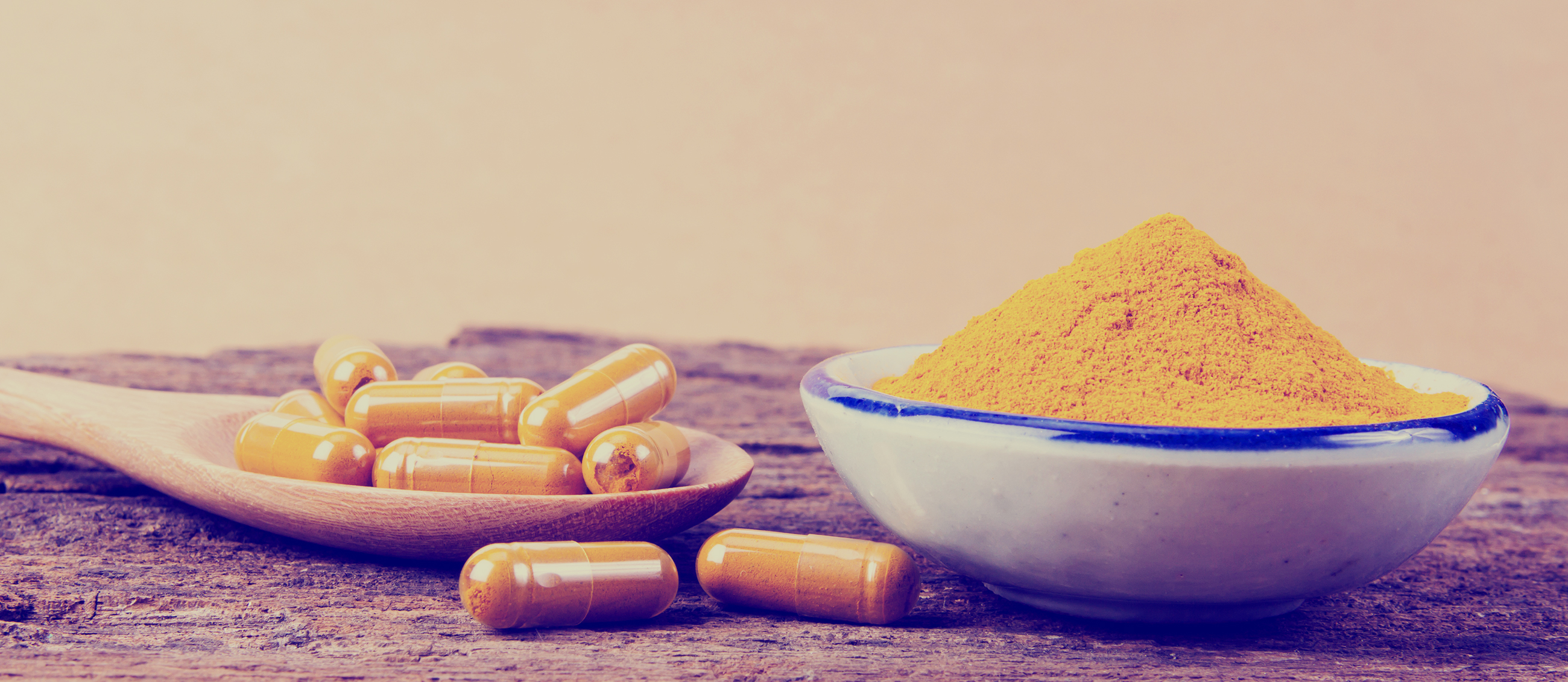Numerous research papers have discussed the positive effect of curcumin on modulating inflammatory responses. As many common skin complaints are linked to immune dysregulation, there is increasing interest into this phytochemical’s role as a dermatological agent. For this reason, a recent systematic review evaluated the research available on the beneficial use of both topical and oral curcumin in skin disease, with mixed results.
In the treatment of acne, one randomised, double-blind, placebo-controlled study of 53 subjects 14-28 year olds, found the use of an oral curcumin supplement given with a curcumin topical cream had the best results compared to individual intake or use. The subjects had a 31.5% to 57.9% improvement, rated as good to excellent. However, the trial was limited by a low number in the placebo group, potential confounding ingredients and was only conducted for 4 weeks.
When reviewing the research for curcumin therapy in oral lichen planus (OLP), dosage was important. Three research papers evaluated the oral intake of 2000mg, 6000mg or 2000mg with prednisone. Statistically significant effects were found with the 6000mg dose only, with no signs of toxicity.
Pruritus symptoms were significantly improved in three randomised, double-blind, placebo-controlled trials. These studies showed curcumin, of varying doses, lowered high sensitivity C-reactive protein (hsCRP), a prominent pruritus mediator called substance P, and the inflammatory interleukin 8 (IL-8).
A small study of psoriasis sufferers found the use of 4275mg of curcumin beneficial, with two of the eight subjects achieving a 75% improvement in the severity index. In another study involving 40 men, the use of topical curcumin provided a significant reduction in an epidermal proliferation mediator, which correlated with the improvement of psoriasis symptoms.
The common side effect of radiation therapy, radiodermatitis, also benefited from both oral and topical curcumin treatment. In the oral study of 30 breast cancer subjects, 6000mg of curcumin per day significantly decreased moist desquamation and the dermatitis severity score compared to placebo.
Finally, in a 4-week study of 50 men and women, 1000mg per day of curcumin significantly improved diabetic microangiopathy and oedema.
Other skin complaints reviewed had inconsistent or ineffective results.
The researchers proposed that the ability of curcumin to suppress nuclear factor kappa B (NF-ҡB) may be a contributing factor to its beneficial effect on inflammatory skin diseases, as this transcription factor controls many inflammatory processes. They also reiterated that the bioavailability and delivery methods of curcumin require development for more optimal results in treating skin conditions.
Reference:
- Vaughn AR, Branum A, Sivamani RK. Effects of turmeric (Curcuma longa) on skin health: A systematic review of the clinical evidence. Phytother Res 2016 Aug; 30(8):1243-1264 [Abstract]
DISCLAIMER:
The information provided on FX Medicine is for educational and informational purposes only. The information provided on this site is not, nor is it intended to be, a substitute for professional advice or care. Please seek the advice of a qualified health care professional in the event something you have read here raises questions or concerns regarding your health.



